Schindler's Witch: The woman who saved hundreds of lives from genocide
Categories: Africa
By Pictolic https://pictolic.com/article/schindler39s-witch-the-woman-who-saved-hundreds-of-lives-from-genocide.htmlShe was considered a witch, but it was thanks to this that she saved hundreds of people from certain death. So embodied evil creates very real good!
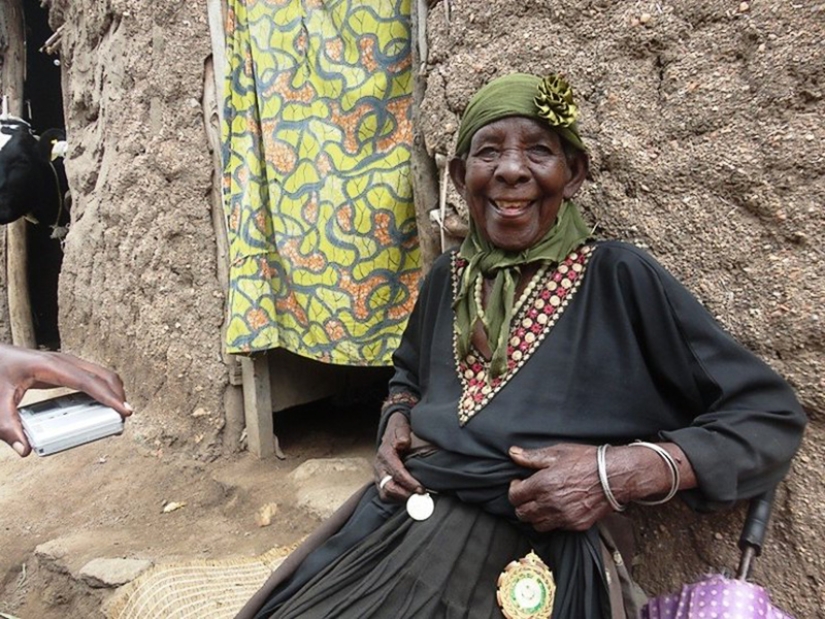
The population of Rwanda, a small state in East Africa, is smaller than in Moscow. It is hard to believe that it was there that some of the most terrible and bloody events in the world took place. The 1994 Rwandan genocide is considered one of the worst.

Rwanda has historically been inhabited by two ethnic groups: the Tutsi and the Hutus. Hutus then and now constituted the numerical majority of the population. The difference between them is almost not noticeable. Hutus are slightly shorter and darker skinned than Tutsis. Once the Tutsis were the ruling aristocratic elite - they were more respected and rich.

On April 6, 1994, after the death of the presidents of Rwanda and Burundi, massacres of Tutsis began.
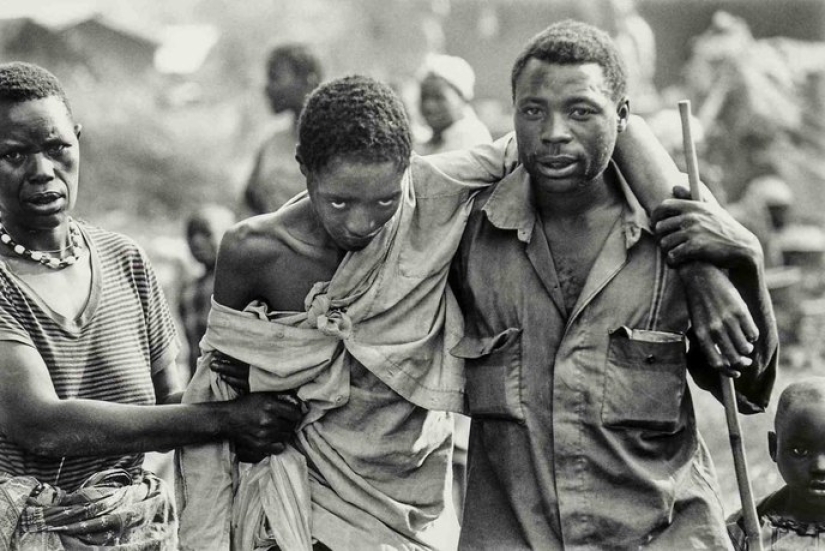
In three months, about a million people were killed - the genocide in Rwanda surpassed the German death camps in the speed and brutality of the killings. The media, radio and newspapers fueled the hatred of one ethnic group for another. Hundreds of thousands of Hutu - from peasants, workers and housewives to lawyers, teachers and priests - took up machetes and machine guns and went to kill former neighbors and friends.
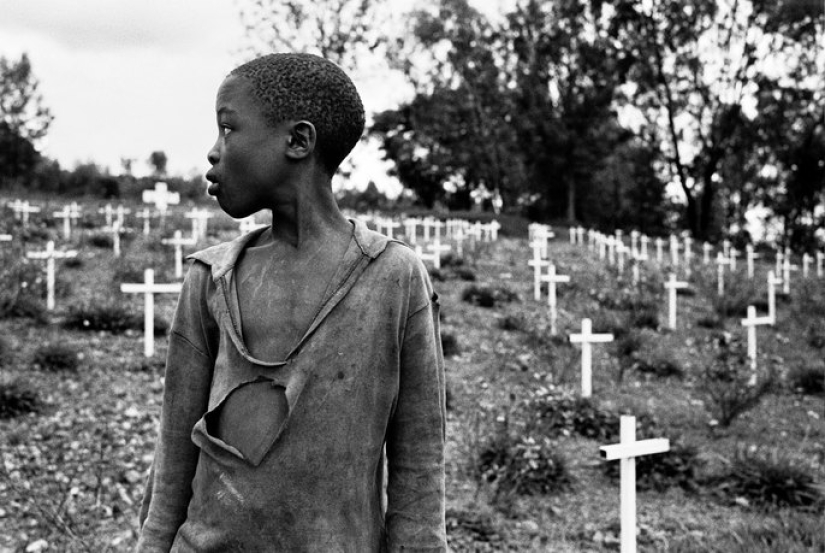
But even in such a hell, there were people who were ready to risk themselves and go against the bloody machine.
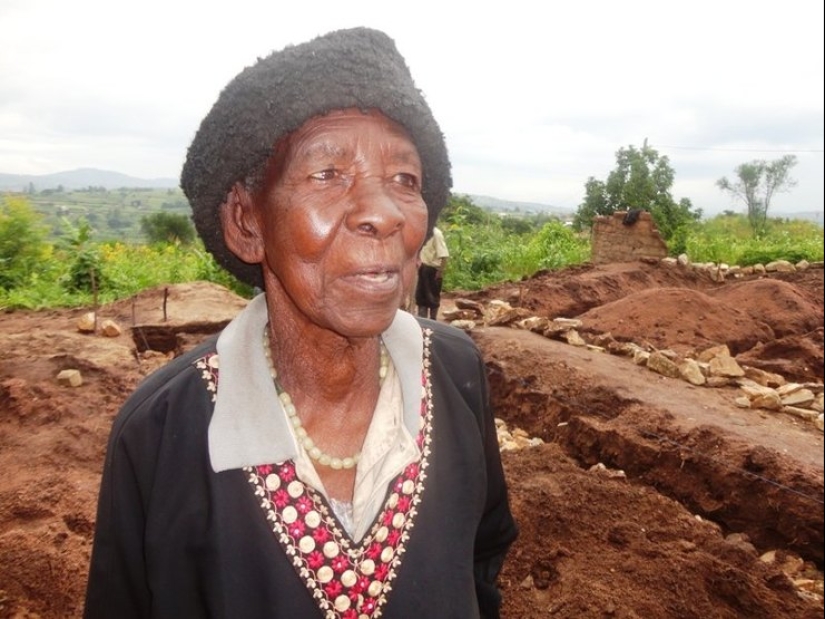
Her name was Zula Karuhimbi. In 2018, she died in Rwanda at the age of one hundred and six. The only symbol of her mercy is a tree in the Garden of the Righteous in Padua, Italy.
This was one of those rare occasions when the superstitiousness of the Africans played into the hands of those who wanted to be saved. Zula had the notoriety of a witch - and she was feared. She drove the Interahamwe (Hutu organization) fighters away from her house, where people were hiding whose names she did not even know. Some of them spent their days crammed into a cramped hot basement, covered with dry leaves and baskets, others lay under the bed or in the attic, others sat among the branches of the plum tree near the house.
When the militants came, Zula smeared her hands with the juice of poisonous plants and touched the bare skin of the intruders - they became covered with ulcers.
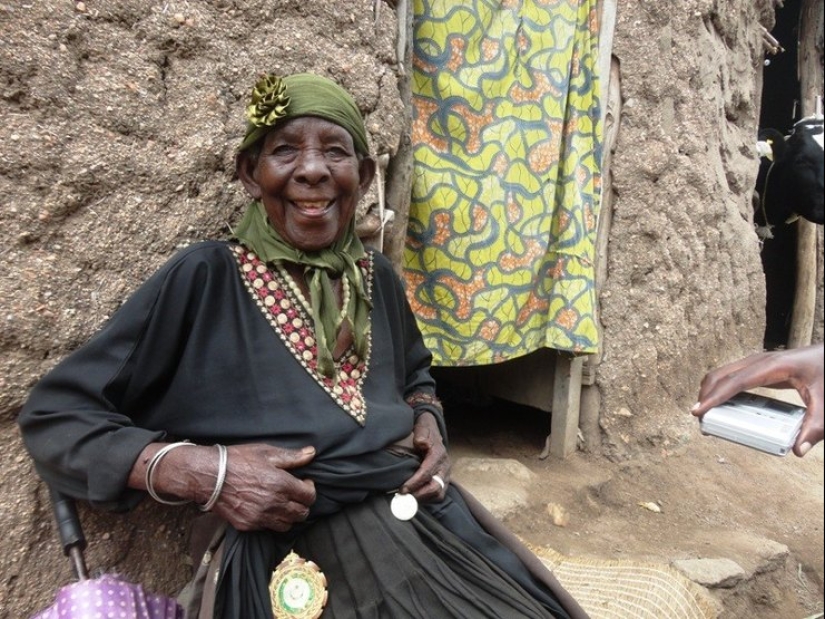
Once they tried to set fire to her house, another time they fired at her. But each time she managed to intimidate the militants that the wrath of the spirits would fall on their families, and they retreated.
Zula Karuhimbi saved a lot of people: more than 100 Tutsis, about 50 Hutus and three whites.
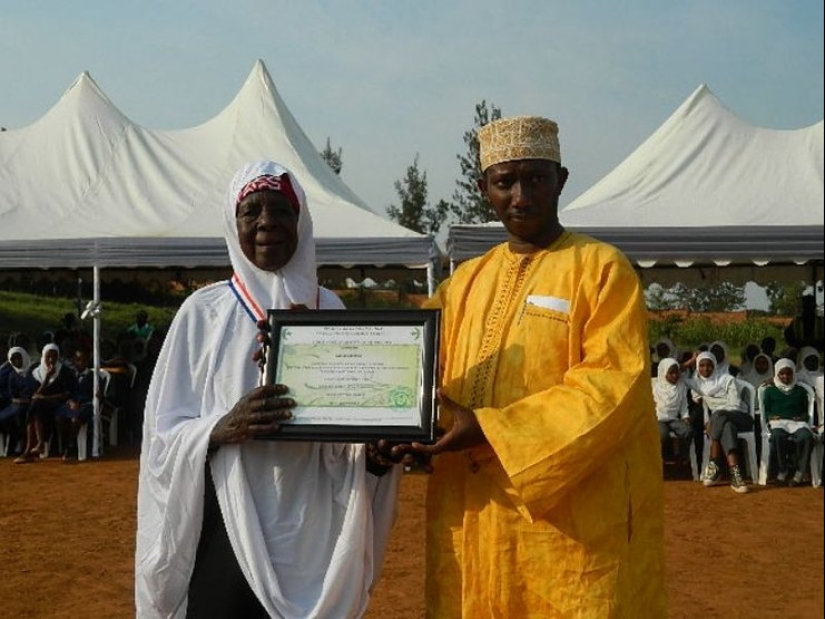
In 2006, Zulu Karuhimbi was awarded a medal for his participation in the fight against genocide. It was presented by the President of Rwanda, Paul Kagame, whom, oddly enough, Zula had also rescued during a previous outbreak of violence in 1959, when he was only two years old. His family lived in a neighboring village.
Paul Kagame later became commander of the Rwandan Patriotic Front, whose army put an end to the genocide.
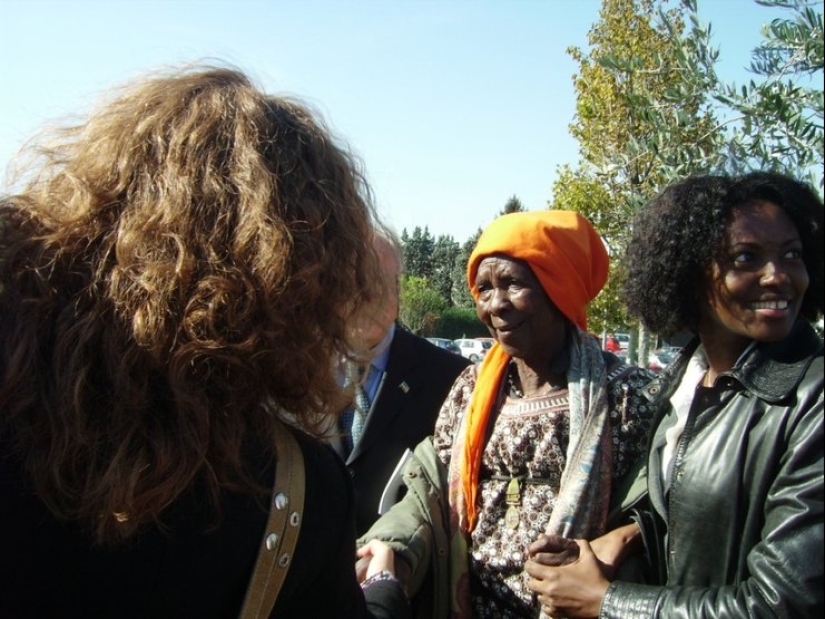
Zulu Karuhimbi was invited to Padua, Italy, where she planted her olive tree in the Garden of the Righteous, where a stele was unveiled in her honor. But Zula can't read, so now she can't even remember properly the name of the country she's been to.
Zula used to make a living by selling vegetables from her garden at the local market. But now she no longer has the strength for this, and she earns the means to live in the same way as her ancestors, hereditary healers. Zula does not like being called a witch, she prefers the word "healer". He says that he knows how to brew potions that will cure a headache, correct flaws in appearance, or help him find a job. Herbs are drying in the sun in front of her house.
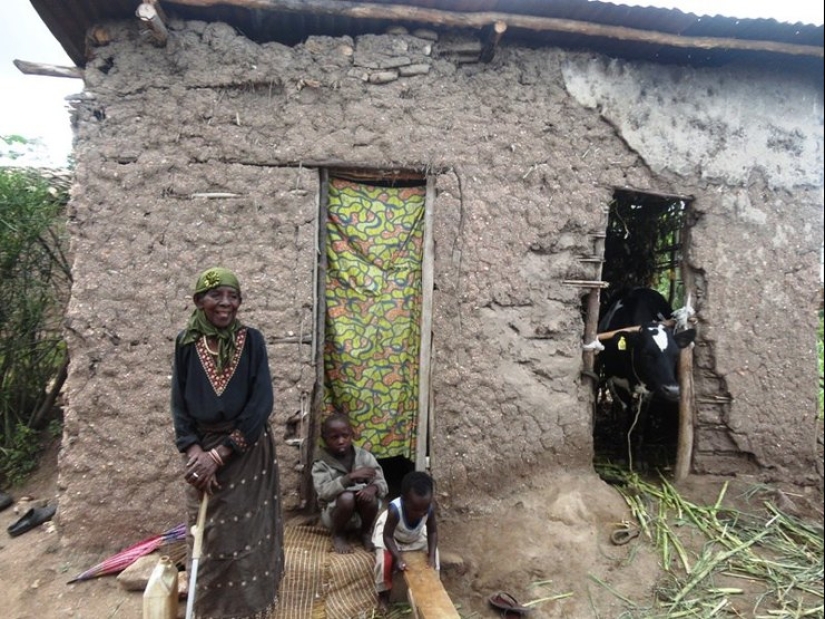
However, fewer and fewer buyers come to her. This is partly due to the spread of education - people trust doctors more than village witches.
But there is a worse reason: as in all of Africa, witch-hunts are on the rise in Rwanda. Preachers of Christian churches play a big role in this, calling for the expulsion or killing of witches and healers. This is a big problem for all third world countries.
Recent articles

It's high time to admit that this whole hipster idea has gone too far. The concept has become so popular that even restaurants have ...

There is a perception that people only use 10% of their brain potential. But the heroes of our review, apparently, found a way to ...

New Year's is a time to surprise and delight loved ones not only with gifts but also with a unique presentation of the holiday ...